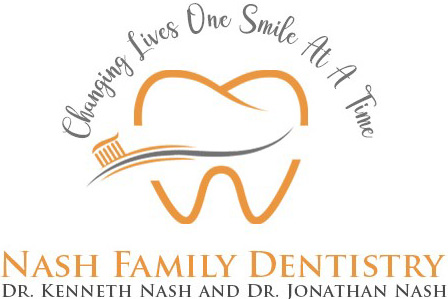So, you had teeth extracted and/or are missing a few teeth? No big deal, right? Do not fool yourself! There are plenty of issues that come with missing teeth in Vicksburg, MS. You lose the confidence in your smile, you can’t chew the foods you use to enjoy, and so much more. Beyond these though, there are also adverse health effects to missing teeth.
What Happens When We Are Missing Teeth?
From gum disease to infection, there are several reasons why you should consider replacement of your missing teeth!
In many cases, the gums where the tooth used to be will get infected which will cause inflammation. This is known as gingivitis, commonly referred to as gum disease. Gingivitis can cause your gums to bleed when you floss, changes in your bite line, pain when chewing, pus to form between the gums and teeth, and other symptoms. This, of course, makes day-to-day life more difficult as the pain from chewing causes great amounts of anxiety about eating and can cause other teeth to loosen or fall out.
Another problem that may occur is weakness in your jaw and other teeth. Other teeth surrounding the missing one have to work harder to chew due to the lack of teeth and can cause jaw pain, weakness, and in some cases temporomandibular joint disorder (TMJD). Your TMJ attaches your lower jawbone to the rest of your skull and when it is being worked on one side more heavily, it can cause disorders to form which will result in pain when chewing and many other issues.
Fill Those Gaps
To avoid these diseases and others that are caused by the loss of teeth, consider calling us at (601) 707-8020. Contact our office by Jackson, MS to schedule an appointment with our doctors, Drs. Kenneth and Jonathan Nash, so we can give you our options to fill in that missing tooth! With years of experience in supporting those like you, we will work with you to find the best treatment option to fit your unique situation. We look forward to helping you!
References
Gum Disease (Gingivitis and Periodontitis), Healthline, https://www.healthline.com/health/gingivitis
TMJ (Temporomandibular Joint) Disorders, Healthline, https://www.healthline.com/health/tmj-disorders
